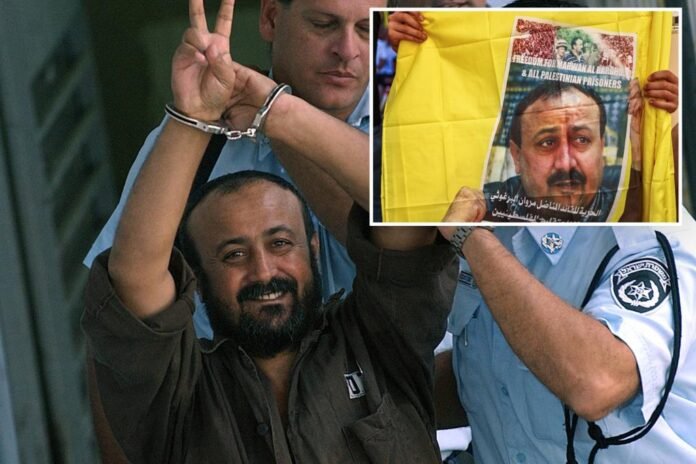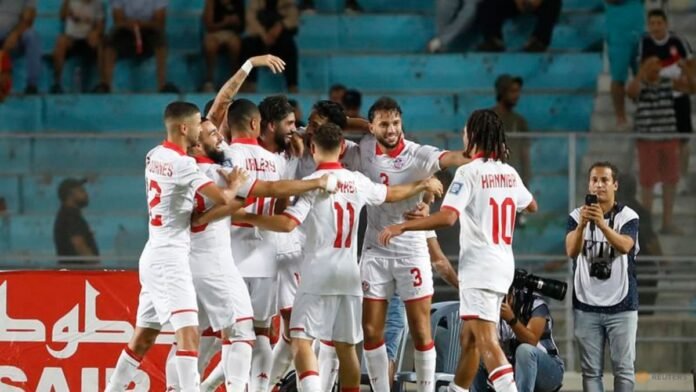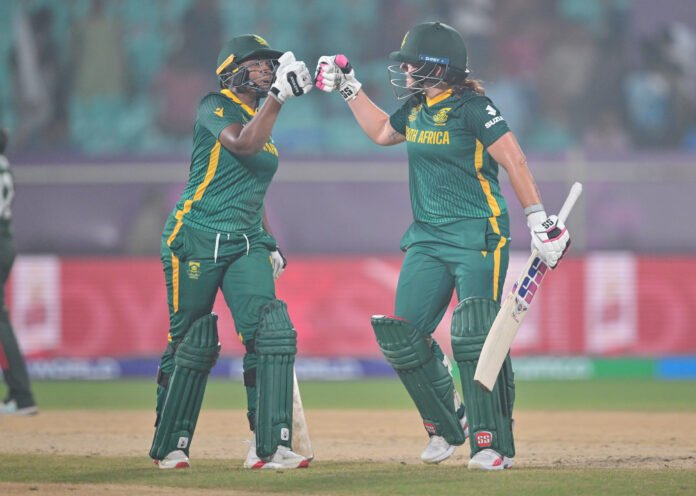Marwan Barghouti, the most popular Palestinian name in recent years, will not be freed in Israel’s new surrender plan for Gaza.
When Israel and Hamas agreed on a ceasefire and the withdrawal of Israeli troops, the two sides drew up lists of people to be released. About 20 Israeli hostages will go home by Monday, and Israel will free roughly 250 Palestinians in prison and 1,700 people held without charge. But the list specifically leaves out Barghouti, a 66‑year‑old Fatah politician who has spent decades behind bars.
Israel calls Barghouti a terrorist. He was given five life sentences in 2004 for his role in attacks that killed five Israelis. Yet many Palestinians view him as a hero – even comparing him to Nelson Mandela – because he has long argued for a two‑state solution while also supporting armed resistance.
The Palestinian Authority’s current leader, Mahmoud Abbas, is aging and unpopular, while Barghouti’s popularity remains high across the West Bank. Some analysts say it’s for this reason that Israel fears handing him over—his influence could unify Palestinians and strengthen institutions that Israel’s conservative government sees as a threat to its security strategy.
Hamas has repeatedly demanded Barghouti’s release as part of any deal. In past negotiations, Israel has refused similar demands, most notably after 2011 when it released senior Hamas commander Yahya Sinwar, who later became a key figure in the Oct. 7 attack that sparked the latest Gaza war.
Barghouti’s history is deep-rooted. He first rose to prominence during the 1987–1989 First Intifada, protesting the Israeli occupation from his home in Kobar, West Bank. He later returned to the West Bank after the 1990s Oslo agreements but was arrested again in the early 2000s when the Second Intifada broke out. Israel accused him of leading the Al‑Aqsa Martyrs’ Brigades, a Fatah‑linked armed group.
Despite his convictions, Barghouti has been a unifying voice. He has spoken out against violence, called for a two‑state solution, and led large prison protests—including a 40‑day hunger strike by more than 1,500 inmates in 2019 demanding better treatment.
Israel’s decision to omit Barghouti from the release list keeps a key political rival in prison. For many Palestinians, it feels like a setback; for Israel, it keeps a powerful symbol of hope and potential unity far from its borders.
The ceasefire also means many of the prisoners released were arrested during the Second Intifada. Most are from Hamas or the Fatah faction, convicted of shootings, bombings, or other attacks on Israeli civilians and soldiers. After their release, more than half will be sent back to Gaza or exiled outside Palestinian territories.
Barghouti’s name keeps surfacing as a possible successor to Abbas. Polls consistently rank him highest among Palestinian leaders. If ever released, he could reshape Palestinian politics, a prospect that fuels Israel’s caution in negotiations with Hamas.
Source: New York Post
Stay informed on all the latest news, real-time breaking news updates, and follow all the important headlines in world News on Latest NewsX. Follow us on social media Facebook, Twitter(X), Gettr and subscribe our Youtube Channel.



